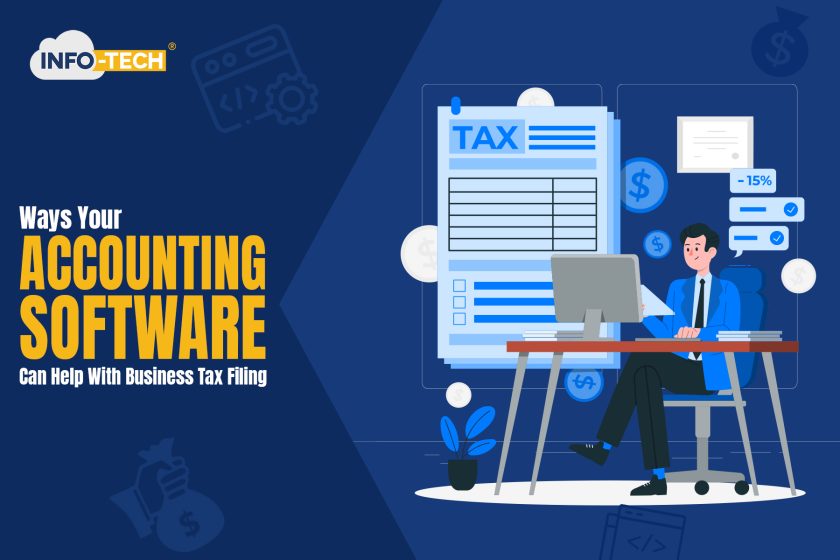Tax season is upon us, and now you might be scrambling to find every invoice to help you claim tax relief for your business. It can be difficult if this is your first time filing for taxes, especially if you are a small business.
Managing taxes is a complex and time-consuming process. As tax laws become increasingly tricky, maintaining accurate financial records, calculating liabilities, and ensuring compliance with tax regulations becomes even more challenging.
What is Tax Filing?
Unlike individual filing, businesses have three types of taxes to be filed:
Sales Tax: A single-stage tax imposed on taxable goods manufactured locally by a registered manufacturer and on taxable goods imported by any person
Income Tax: A levy is a tax imposed by a government on businesses and individuals within its geographical boundaries.
Employee-related Taxes: Monthly tax deduction (MTD), SOCSO, EPF, Employment Insurance Scheme (EIS) and Human Resources Development Fund (HRDF) are the mandatory contributions for employers.
Why Is It Important?
Paying too much or too little tax can hurt your business. You either lose the many tax relieves you could receive or risk yourselves penalised for not auditing your business correctly. Accurate tax payment is essential for a profitable and hassle-free business, preventing these types of problems in the future.
How Do I Ensure I File My Taxes Correctly?
Many businesses have in-house accountants to help them file their finances and taxes. This is apparent in the big businesses, which are mostly corporates. But what about small businesses?
Accountants can stretch out a small business’s budget, especially when starting. They would resort to Excel for calculations, but there is room for error since it would mean trusting your manual calculations before allowing the Excel formulas to calculate them.
Instead of troubling yourself with manual labour, why not use accounting software?
Five Ways Accounting Software Help With Tax Filing
Accounting software is no stranger to a business. It’s one of the most affordable tools for small businesses to procure when needing help with bookkeeping. There are five ways accounting software can help with tax filing:
Read More: Maintain An Organised Record-Keeping with Accounting Software
1. Automating Data Entry And Record-Keeping
Accounting software is crucial in managing taxes by automating data entry and record-keeping. The automation process significantly reduces the chances of human error while recording transactions, ensuring accurate and up-to-date financial records. As a result, the financial records are ready for tax preparation, making tax management more efficient and effective.
2. Enhanced Security And Data Protection
Accounting software provides vital security measures to safeguard sensitive financial information from unauthorised access and potential data breaches. By encrypting financial data and offering secure storage solutions, accounting software enables taxpayers’ data to remain confidential and protected from potential cyber threats.
3. Ease Of Tax Calculations
Accounting software is designed to handle complicated tax calculations, making it easy for taxpayers to determine their tax liabilities. The software factors in various deductions, exemptions, and credits to provide precise estimates of the taxpayer’s financial obligations. This simplifies the process of calculating taxes and helps identify potential tax-saving opportunities.
4. Compliance With Tax Regulations
Adhering to the ever-changing tax regulations can be a challenging task. Fortunately, accounting software comes with features that assist taxpayers in staying compliant with the latest rules and regulations. With regular software updates, users can be confident that their financial data is processed per the most recent tax laws. This helps minimise the risk of penalties and fines resulting from non-compliance.
5. Save Time and Cost
Accounting software can automate various tax management aspects, saving significant time and effort for businesses and individuals. This is achieved by reducing the need for manual data entry and calculations while simplifying the tax preparation process with accurate financial records. Accounting software can also prevent costly mistakes and penalties resulting from tax calculation errors or non-compliance with tax regulations.
Accounting software offers many benefits to make tax management efficient, from automating data entry and record-keeping to providing accurate tax calculations and ensuring compliance with regulations. Companies like Info-Tech offer an affordable package for their software with up-to-date rules and systems. Their accounting software makes tax filing easier and optimised while staying compliant.
